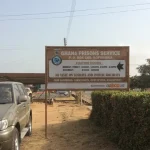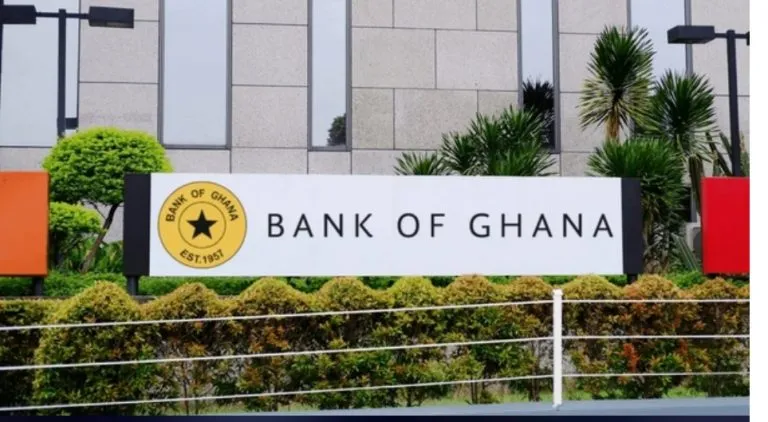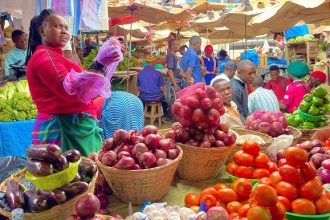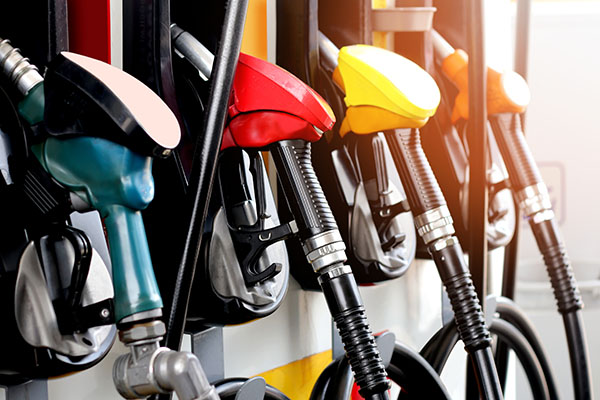Online driving is one of the vibrant businesses that has saved male graduates from unemployment . It also provides a lifeline to professionals in the field but who lost their jobs as a result of the Covid’19 pandemic which broke at the start of year 2020.
Ironically, other people have resigned from their work places to join the online transport business due to the less stressful nature of the job. In Ghana, the most common online transport systems are Uber, Bolt, Yango and other newly developing ones.
The DVLA/MTTD have formulated some guidelines for online drivers but since not every driver is acquainted with these guidelines, they always fall into the traps of the DVLA/MTTD.
It is worthy of note, that some of these online based drivers are endowed with so much skill which could land them better jobs yet they have no alternative jobs under prevailing circumstances. The highly educated folks in the business consider it as temporal in the hope of greater opportunities. Government must therefore appreciate how this system is providing some relief for some Ghanaians who are unemployed.
It is also instructive to note that, while the DVLA is charging fees on online drivers, other taxes including income tax, Ghana Tourism Authority tax, AMA Tax, VIT tax and others are in the pipeline to be unleashed on them.
The drivers are saddled with heavy operational expenditure including weekly servicing of vehicles, repair of breakdowns, weekly sales, App service charges (commissions) and expensive data and call taxes to mention but a few.
The fares charged by these Ride Hailing Apps are cheap, making the driver work without necessarily earning any decent living.
Authorities of the online transport system are clear on charges and taxes drivers pay on daily basis. Before you decide to become an online driver, one needs to know and be ready to comply with rules and regulations.
- Income tax is paid by the apps to government through the service fee they pay to the app companies.
- Taxes on call credit by all passengers.
- Taxes on data to keep the apps running for not less than 15 hours.
Service fee charges are as follows:
- 25% commission by Uber.
- 20% commission by Bolt.
- 15% commission by Yango
- Frequent fuel price increases.
- Car wash and cleaning.
- Toll fees.
As passionate as you are and want to venture into the online transport terrain, you have to consider the following guidelines seriously so that you do not fall into the trap of the DVLA/MTTD. In other words, these requirements indicate who qualifies to be an online driver.
- Registered vehicle by the DVLA that comes with road worthy sticker and Commercial Comprehensive insurance.
- A Genuine Drivers license issued by the DVLA.
- Undergo an aptitude test by some of the apps
- Registered mobile money contact or an International bank account of the driver
- Drivers license B and above.
- A picture of the driver for verification and authentication.
- An android or iphone.
- Air-conditioning fixed in the car.
Complying with all the above guidelines means that you are safe from the hands of the DVLA/MTTD but you need to be safe from the hands of your passengers also. Know the type of passengers you pick into your cars and you are good to go.
















